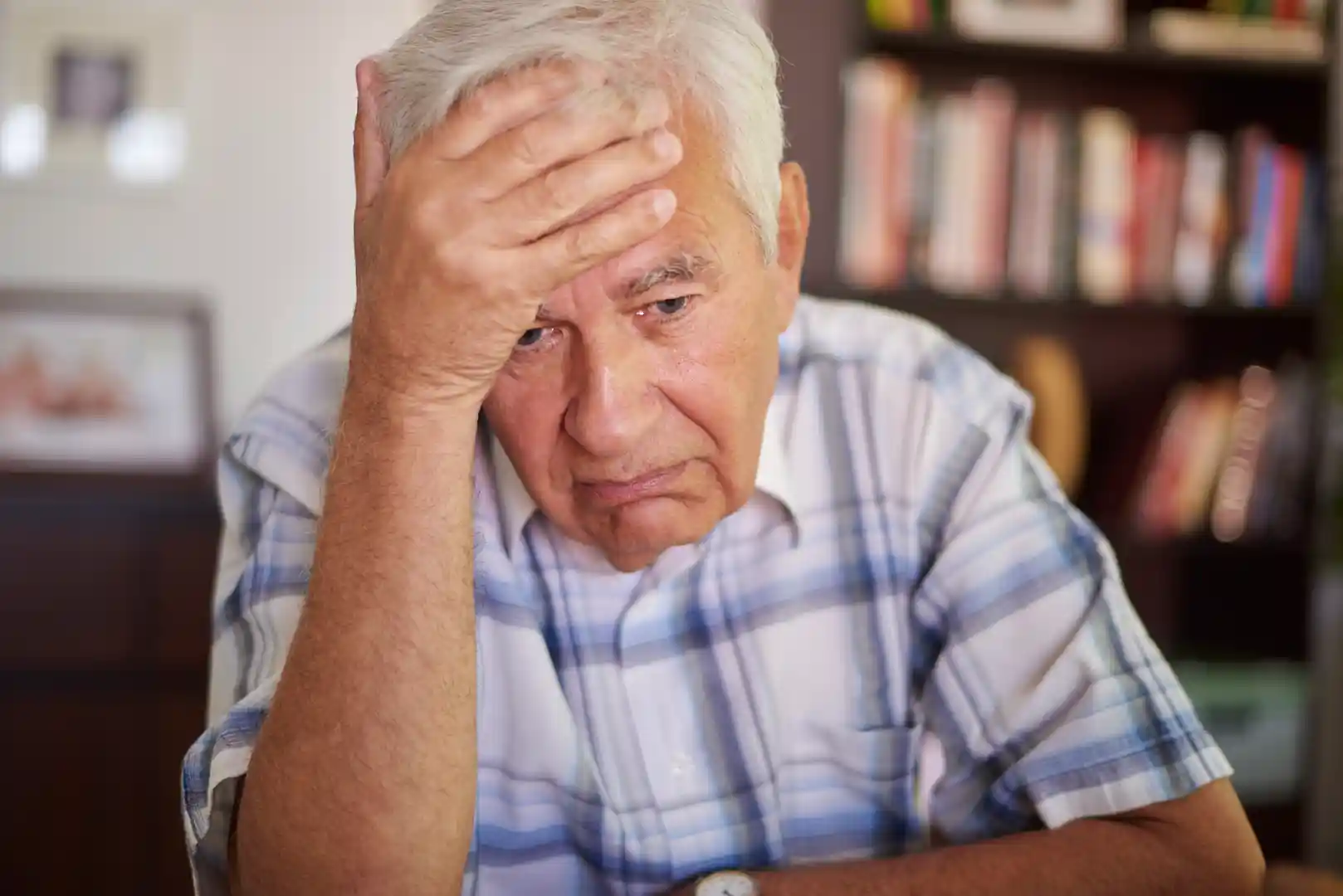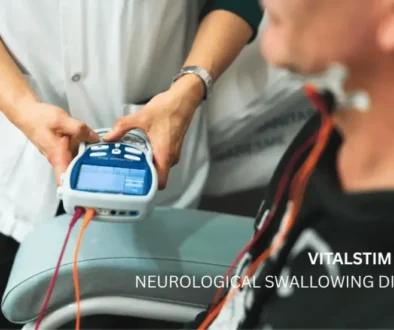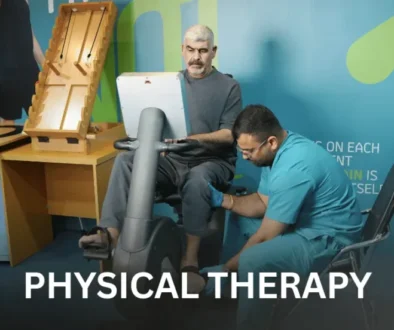What Is Post-Stroke Depression and How to Treat It

Understanding the Emotional Impact of a Stroke
It is a huge achievement to survive a stroke but it does not end there. Survivors of stroke also undergo emotional crises. Among the most common and underrated are Post-Stroke Depression. Following a stroke, a patient may feel overwhelmed with changes in his/her body, brain, and life. Loss of independence, mobility issues, or inability to speak can lead to feelings of depression, frustration, or isolation.
It’s understandable that emotions would be on the up and down after such a life-changing experience. But when those emotions persist and interfere with everyday functioning, they may be indicative of depression. Recognition of the emotional aftereffects of a stroke is the start of doing something about them. Survivors and caregivers must come to the realization that mental and emotional well-being are just as important as physical rehabilitation.
Additionally, survivors of stroke can have a loss of identity or purpose if they are not able to go back to their pre-stroke job or activities. These will bring about low self-esteem and helplessness. Awareness that these reactions are usual makes the process more normalizing and facilitates entry to receiving appropriate aid.
Common Symptoms of Post-Stroke Depression
Post-Stroke Depression may affect anyone regardless of the severity or type of stroke. It typically happens weeks or even months after the stroke. While it may look different in every person, there are some common signs that family members and caregivers must look out for:
- Persistent sadness or hopelessness
- Loss of interest in something previously enjoyed
- Fatigue or loss of energy
- Changes in appetite or sleep
- Difficulty concentrating or deciding
- Withdrawal from family and friends
- Worthlessness or guilt
In other cases, these symptoms can be explained by fatigue or cognitive impairment caused by stroke. That is why one must be careful when working with emotional changes and request a professional evaluation.
The second barrier is that it may be difficult for some stroke survivors to describe how they feel due to speech impairment. Thus, nonverbal indicators—such as body language or mood changes—become even more important to notice. It should also be noted that depression has a tendency to worsen physical symptoms and complicate rehabilitation and prolong it.
Treatment Options: Therapy and Medication
The good news is that Post-Stroke Depression can indeed be treated. A mix of medication, psychotherapy, and lifestyle modification would normally result in the most desired outcomes.
Medication
Antidepressants can be prescribed by doctors to treat the symptoms. The medication changes the chemicals in the brain that influence mood. Adherence to medical advice and alerting the health provider to any side effects or issues is advisable. Some of the antidepressants may react with medication taken during stroke recovery, and therefore constant monitoring is necessary.
Group Therapy and Support Groups
Speaking with others who have experienced a stroke can offer reassurance and understanding. Support groups are a setting where individuals can exchange stories, reduce isolation, and gain helpful coping skills. Group therapy also fosters a sense of belonging, which can be motivating for individuals who feel alone in their recovery process.
Lifestyle Changes
Minor adjustments to daily routines can also play a significant role in recovery. Assisting daily routine, normal exercise (as approved by a doctor), a balanced diet, and time outdoors can all help to improve mood and enhance energy levels.
Even small efforts, like having a morning routine or gentle mobilization, can make stroke survivors feel more capable. Activities like painting, gardening, listening to music, or writing in a journal can offer emotional release and personal satisfaction.
Early Diagnosis and Support Important
Caregiver and Family Role
Family members and caregivers are also often the first to notice emotional change. Encouraging open communication and offering a comfortable, non-judgmental environment to express feelings can help stroke survivors feel heard and understood. Caregivers also need to be educated on signs of depression so that they can respond in a timely manner.
Value of Frequent Check-Ins
Follow-up visits on a regular basis with a health team need to include emotional and mental well-being discussion. Rapid screening methods used by doctors can catch depression before it is too severe. Check-ins on a regular basis not only track emotional stability but also offer an opportunity to adjust treatment regimens as needed.
Inspiring a Team Approach
Recovery is best when all work together—therapists, physicians, patient, and family. Working together ensures consideration of all aspects of recovery, including mental well-being. Care coordination can lead to more integrated recovery and better care communication between providers.
Facilitating Hope and Patience
Lastly, it is important to remember that recovery is a process. Accepting small victories, patience with the process, and hope can all aid in the emotional recovery from a stroke. Developing a positive attitude and realistic expectations helps to create emotional resilience.
Additionally, caregivers and the patient’s family members must also take care of their own emotional health. Caring for an individual afflicted with Post-Stroke Depression is emotionally draining. Caregiver support or counseling must also be sought to offer humane and sustainable care.
Post-Stroke Depression is a valid and debilitating part of the recovery, but it need not dictate the future. With appropriate treatment, support, and understanding, survivors of stroke can improve mental health and well-being.
Early treatment of Post-Stroke Depression can enhance motivation, speed up rehabilitation, and regain a sense of purpose. From medication and therapy to support groups and daily activities, many pathways lead to recovery.
If you, or someone special to you, are recovering from a stroke with symptoms of depression, don’t wait. You can achieve a better emotional sense of well-being and a successful overall recovery with early action. Every step is progress worth being proud of—no matter how small.
Book an appointment
Booking an appointment with our team of professionals is just a few taps away. Book now!


